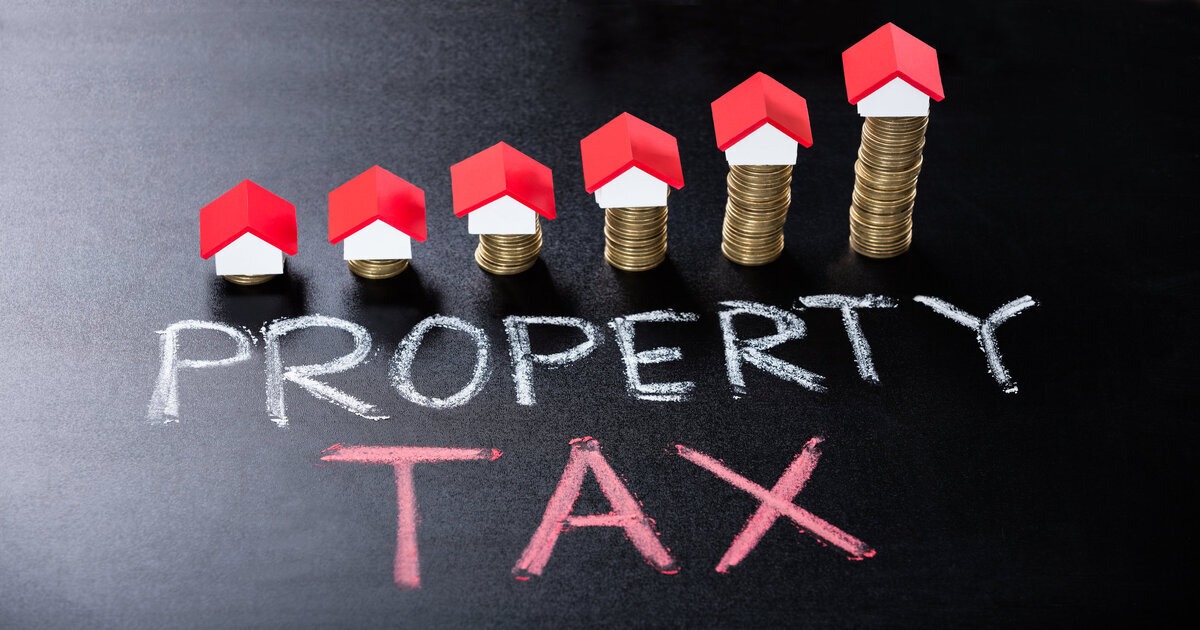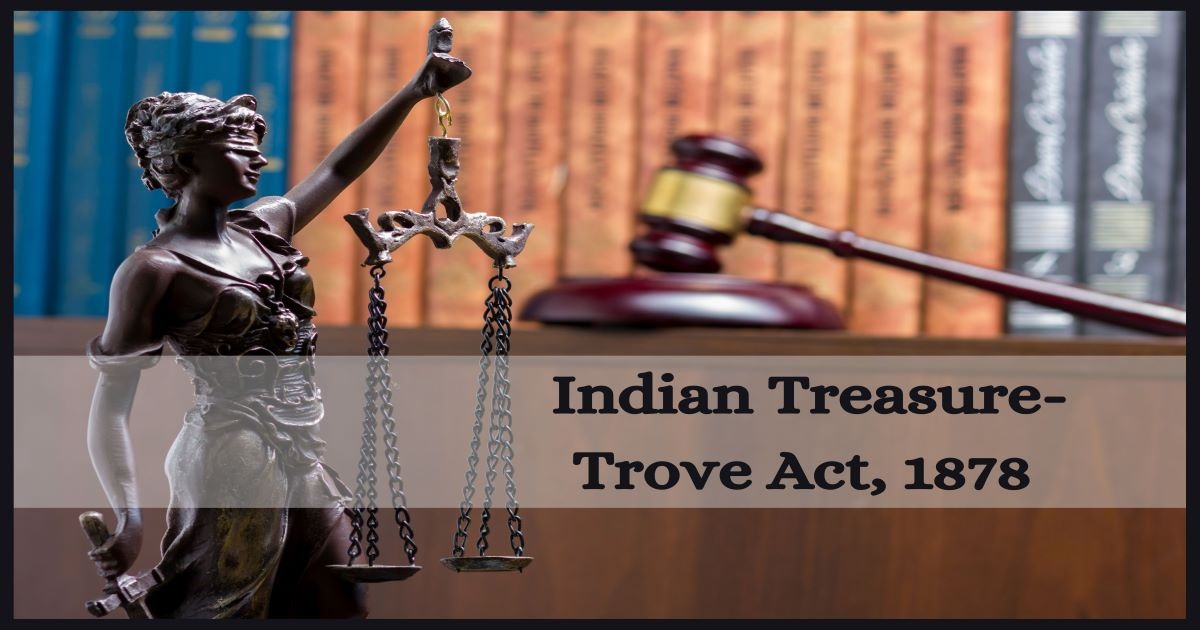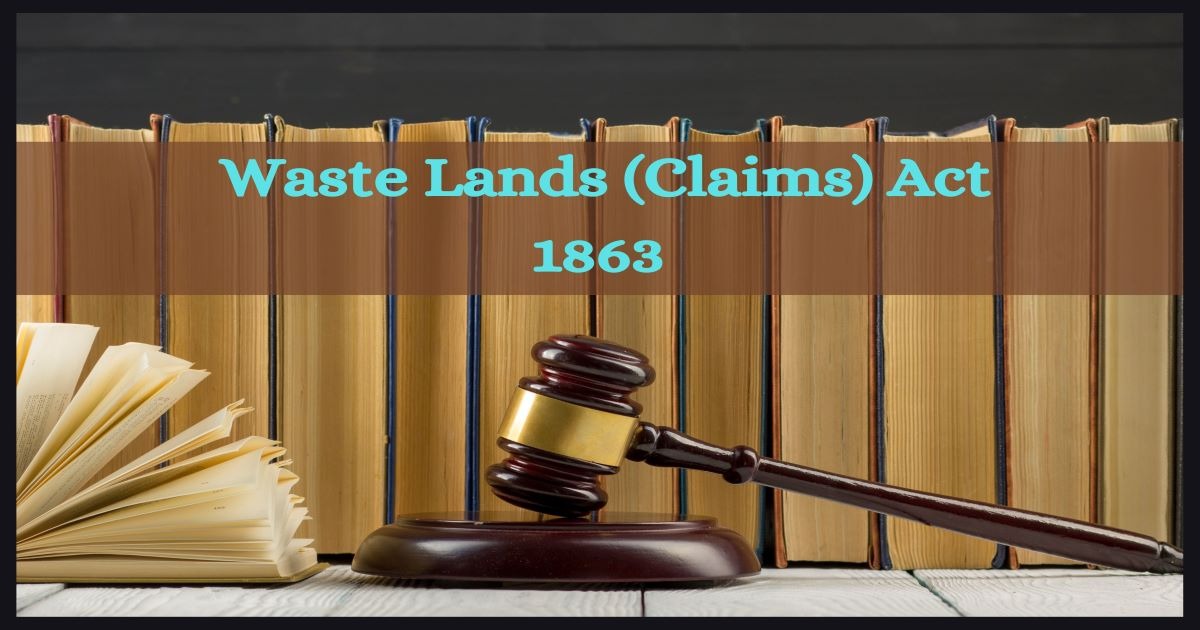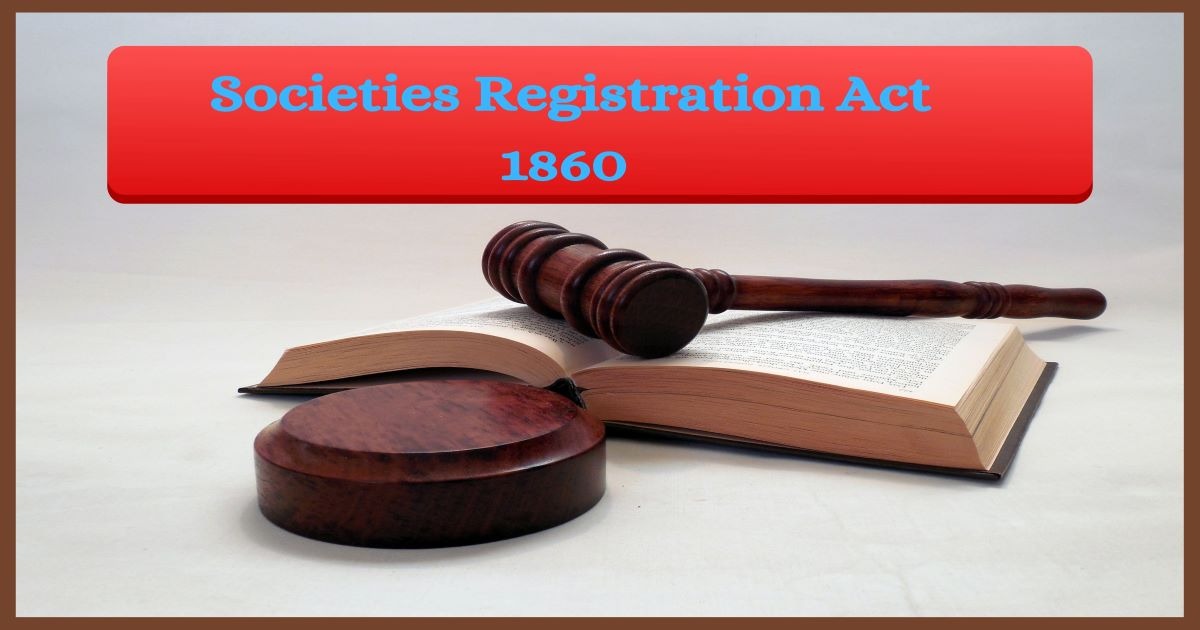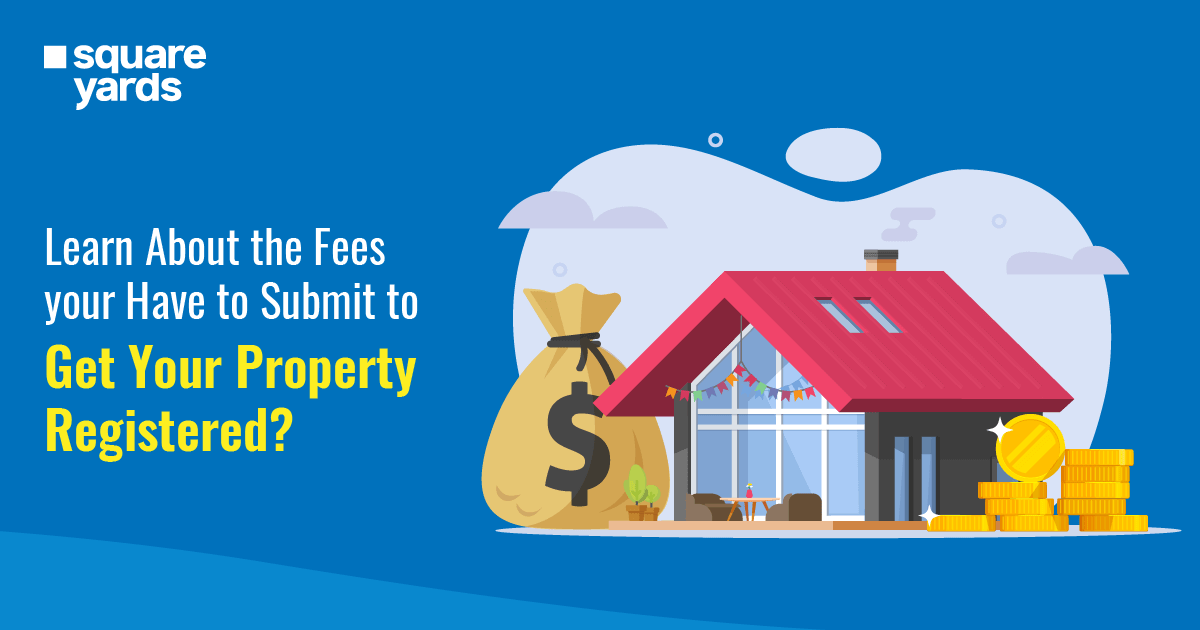Buying a home is an achievement and feels wonderful but the responsibility of property tax comes along with it. You must be prepared about the property tax cost before buying a property. It is necessary to know the tax implications of buying a house before selling too. Let us look at some points to keep in mind about property taxes:
- You can be charged with penalties if you fail to pay your property tax on time. The penalty percentage is different in every state. Non-payment of taxes can lead to loss of property.
- You can use your credit card to pay your property tax. It may not be a good option as there is a service fee charged on every transaction you made with the help of your credit card. Therefore, the payment of a big amount of property tax will attract a big transaction fee.
- Owning a property will get you rebates and tax deductions on the next tax bill. You can file for the federal income tax return and get deductions on the taxes you paid. The tax break is the reduction made on the total amount of tax that you need to pay. It can also help you with a refund. You must ensure to make regular tax payments.
- Mortgage companies have made paying property taxes easier and manageable. The lenders pay your tax bills on behalf of you so you must keep checking your tax bills.
- You will be eligible for tax exemption in certain cases like military veterans. Exemptions differ from one state to another.
- You must get the estimate of the tax you will have to pay before buying the property. Get in touch with a local tax assessor and understand the tax you will be required to pay. You must have good knowledge about property tax and tax rates while buying a property.
In this article, you will also find ways on how to save tax, how to save capital gain tax, and how does selling a house affect taxes.
Short-term or long-term capital asset
Short-term capital asset: An asset owned by any individual for 36 months is known as a short-term capital asset. In FY 2017-18, all immovable properties like building, house property, and land criteria got reduced to 24 months. Immovable property and unlisted shares like building, land, commercial or residential property are held for 24 months from the transfer date and will be known as the short-term capital asset. The short-term capital asset is taxable by 15% with education cess and surcharge.
Long-term capital asset: An asset for over 36 months is called the long-term capital asset. The 24 months cannot be applied to movable properties like mutual funds, jewellery, etc. The long-term capital asset is taxable by 10% with education cess and surcharge.
How to calculate your capital gains
Many people are looking for a question like do I pay tax if I sell my house, if I sell my home is it taxable, and how to avoid capital gains tax when selling a house.
The capital gains tax, India can be calculated by using any of the online methods. But if you are calculating the tax with the help of a calculator then you will require the information mentioned below:
- Purchase price
- Sale price
- Purchase details like month, date, and year.
- Sale details like month, date, and year.
- Investment details.
The calculation formula for capital gains
- Short-term gain tax = value consideration- (acquisition cost + improvement cost + transfer cost).
- Long-term capital gains tax India = consideration value accruing or received – (indexed acquisition cost + indexed improvement cost + transfer cost)
What are the Tax Rates
The tax rate is usually expressed in percentage as per the Indian tax system. Some of the methods used to show the tax rate are average, statutory, effective, and marginal. The rates are either exclusive or inclusive.
The holding period for capital gains
One of the most asked questions is how long do you have to reinvest capital gains. The investment’s holding period is used for determining gain on sale of home (capital losses or gains). The holding period for long-term investment is one or more years with no expiration. Any investments having a holding period that is less than one year is the short-term holding. To avoid capital gains on home sale one must reinvest the sale gains on another construction or purchase.
Benefits under Section 54 on purchase of new property
You are also required to pay income tax on house sale. But as per Section 54 of the IT Act, a HUF or individual who sell any residential property can claim an exemption from such asset gains if they further invest the amount in acquiring another house property (purchasing or constructing). In short, the tax on selling property can be reduced if the amount gained out of the property is used for reinvesting capital gains from real estate. It is necessary to know what to do with house sale proceeds to save yourself from a hefty tax on the sale of the property.
The income tax on sale of home can get exempted if the following conditions are fulfilled:
- Only HUF or individuals can claim the benefit.
- The sold house property must be a long term capital gain asset.
- The property that is sold must be residential. And this property must be taxable under the house property income.
- Selling a house within a year of purchase and selling a house 2 years after buying. The new house property must be bought either a year before the transfer date or after two years of transfer or sale. But in new house construction, an individual gets an extended time of three years to complete the work.
- The residential property purchased must be in India to get an exemption in the home sale proceeds tax.
All the above-mentioned conditions must be fulfilled otherwise he/she cannot claim any exemption on taxes on sale of home as per Section 54 of the IT Act.
Indexation benefits on capital gains on sale of a property
It is important to understand what indexation is before knowing how to avoid capital gains tax on real estate. Indexation is the process of maintaining the asset’s purchase cost for inflation. It allows taxpayers to monitor the inflation impact of the acquisition cost. This lowers the capital gains amount which in return reduces the tax payable. The formula used for computation of indexed cost is as follows:
Year of sale CII divide by Year of purchase CII multiplied by the purchase price.
Section 54 EC on purchase of specific bonds
The provisions of Section 54 EC lay down exemption of capital gain that arises on the long-term capital assets transfer when it is invested in specific bonds. Any assessee is eligible under this section.
The two conditions that need to be fulfilled are as follows:
- Transfer of long-term capital assets must be present.
- The asset can be depreciable with a holding period of over 36 months.
- The capital gain earned from the asset must be invested in the purchase of a long-term specific asset. It must be done in 6 months from the transfer date.
- The specific bond can be redeemed after 5 years as issued by the NHAI or National Highways Authority of India or by RECL or Rural Electrification Corporation Limited.
- The assessee must not convert or transfer or avail a loan or take any advance on the security of specific bonds for 5 years.
Exemptions under Section 54B
As per Section 54 B, an individual or HUF can claim capital gains that arise on the transfer of asset (agricultural land) which can be either short-term or long-term. The benefit can only be availed by a HUF or an individual. The asset must be used for two years for agricultural purposes.
Things to avoid when selling a property
There are certain things to avoid when selling a property:
- Never underestimate your property.
- Do not set an unrealistic price.
- Always consider the best and highest offer.
- Make renovations instead of expensive repairs. The value of your asset increases with its maintenance.
- Your property must be presentable to attract buyers. More potential buyer means more offers.
- The home sale tax implications must also be kept in mind.
You can use the itax solutions which are professional tax software. It is always ready to provide its taxpaying clients with accurate and fast tax returns. They also guide their clients and solve their queries like do you pay taxes on the sale of a house, if I sell a house do I pay tax, how do I avoid capital gains tax when selling land, what is the tax penalty for selling house before 2 years, tax deductions when selling a home, how do I avoid capital gains tax on property and more.
You Might Also Like
Frequently Asked Questions (FAQ’s)
How do I avoid capital gains tax on property sales?
There are many methods on how to avoid capital gains tax on house. The methods are as follows:
Method 1: You must calculate the cost inflation index rate. As it is one of the best and most effective ways for reducing capital gains tax of the property.
Method 2: Construct or acquire a house property. A new property means that you are looking to invest in new construction or move into a new house.
Method 3: You must choose capital gains bonds if eligible to avail benefits as per Section 54. It is also an effective way on how to avoid capital gains tax on house.
Method 4: People who cannot avail of capital gain bonds must file for the Capital gains account.
Method 5: You must show the capital loss in comparison to the gain to avoid capital gains tax on property sales.
How can I save the tax on the sale of my house?
As per Section 54, an individual can save him from paying home sale profit tax on the long-term capital gains by investing the gains earned to purchase another property. The proceeds from sale of house must be used for reinvestment on a new property must be made either 1 year before or 2 years after the purchase. The holding period plays a key role in avoiding capital gains tax on home sale.
Is the property sale amount taxable?
You are liable to pay tax on the profit made from the property sale. The tax payable will be determined based on whether it is a long-term gain or short-term gain. But you can avoid taxes on home sale if you use the amount gained on a new property.
How is capital gains tax calculated on the sale of a property?
Calculation of capital gains tax payable on short-term capital gain:
Property’s Final sale price – Acquisition cost + house improvement cost + transfer cost = short-term capital gain
Calculation of capital gains tax payable on long-term capital gain:
Property’s Final sale price – Indexed acquisition cost + Indexed house improvement cost + transfer cost = long-term capital gain.


